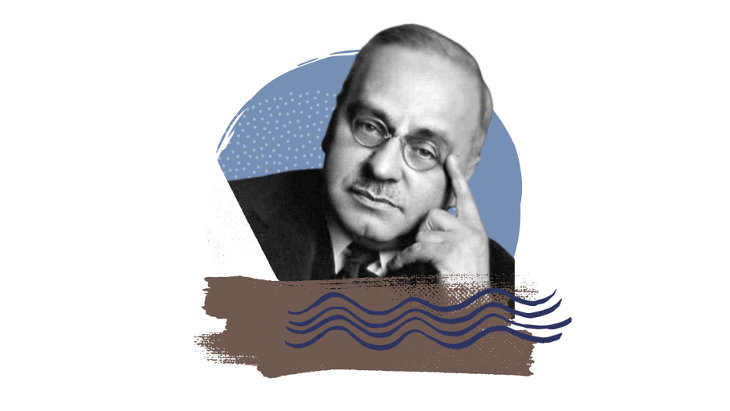 Vampire Weekend's Surprising Jewish Stories
Vampire Weekend's Surprising Jewish Stories


4 min read
3 min read
4 min read
2 min read
He framed the goal of overcoming feelings of inferiority in terms of three life tasks: meaningful work, a love relationship and connection to community.
View this post on Instagram
Alfred Adler was born in Vienna, Austria on February 7, 1870. Adler earned his medical degree in 1895 and was invited by Sigmund Freud to be part of the first psychoanalytic group in 1902. After nine years of weekly meetings, Adler left Freud’s group as he began developing what would come to be known as Individual Psychology. Adler made a profound impact on psychology. He was the first to write about the foundational role of birth order, family constellation, feelings of inferiority and early memories.
Perhaps the defining distinction of Adler’s work was Gemeinschaftsgefuhl or social interest, the notion that membership in a community is critical to mental health.
In today’s terms, Adler’s theory would be defined as holistic in nature and he framed the goal of overcoming feelings of inferiority in terms of three life tasks: meaningful work, a love relationship and connection to community. In 1927, Adler opened Child Guidance Clinics within the Viennese school system, where he introduced his theories to educators, nurses and parents.
At the clinics he held weekly demonstrations designed to treat the “problem child” and brought mental health into the realm of education. Adler left Vienna in 1932 after many clinics were closed due to rising antisemitism.
Shortly thereafter he immigrated to the United States where he took a teaching position at Long Island College of Medicine. He died in May 1937 while on a lecture tour in Aberdeen, Scotland at the age of 67.
